Treatment Of Hereditary Angioedema
Treatment of hereditary angioedema. 126 - 138 CrossRef View Record in Scopus Google Scholar. Management during an attack. Updated List Of Available FDA-approved Treatments For HAE.
You can use some at. This review examines current therapy for C1-INH-HAE and provides a brie. Treatment for acute attacks in types I and II includes replacement with C1 inhibitor concentrates a kallikrein inhibitor or fresh-frozen plasma by infusion.
Icatibant a medicine given by injection that blocks the effects of some of the chemicals responsible for the swelling. These treatments include C1-INH concentrates icatibant ecallantide and attenuated androgens. Treatment options consist of on-demand therapy for acute HAE attacks in order to reduce the severity and duration of attacks and ongoing preventive or prophylactic therapy to prevent attacks in individuals who experience frequent or severe attacks with dramatic lifestyle impairment.
Treatment of Hereditary Angioedema. Int Arch Allergy Immunol. Berotralstat was approved in the United States in December 2020 for the prevention of attacks of hereditary angioedema in people over twelve years of age.
In the last decade new drugs and new indications for old drugs have played a role in the management of C1-INH-HAE. All of these products can be used for treatment of acute attacks of HAE and C1-inhibitors can also be used for prophylaxis. Medicines used to treat swelling from allergies such as corticosteroids prednisone antihistamines and epinephrine are NOT effective treatments for HAE.
Other causes of bradykinin-mediated angioedema may be treated with FFP. The use of tranexamic acid for on-demand and prophylactic treatment of hereditary angioedema-A systematic review J Cutan Immunol Allergy 1 2018 pp. The 2 main treatments used to treat swelling caused by hereditary angioedema are.
Hereditary angioedema treatment options include a number of medications and also the usage of oxygen as advised by the doctor. Hereditary angioedema due to C1-esterase inhibitor deficiency C1-INH-HAE is a rare autosomal dominant disease.
You can use some at.
Patients with HAE should receive a medication indicated for treating HAE such as a C1-INH inhibitor ecallantide or icatibant. The major drug classes used in the treatment of hereditary angioedema includes C-1 esterase inhibitors bradykynin receptor antagonist and kallikrein inhibitors. There are four medications you can use during an HAE attack. Patients with HAE should receive a medication indicated for treating HAE such as a C1-INH inhibitor ecallantide or icatibant. Int Arch Allergy Immunol. Bork K Hardt J. In the last decade new drugs and new indications for old drugs have played a role in the management of C1-INH-HAE. Long-term treatment with one or more injections of C1 inhibitor concentrate per week. Treatment is divided into three areas.
See the FDA-approved list here. Int Arch Allergy Immunol. These types of medications are also called. The management of HAE has transformed dramatically with recently approved therapies in the United States. There are four medications you can use during an HAE attack. Long-term treatment with one or more injections of C1 inhibitor concentrate per week. Histamine-mediated angioedema should be treated with H 1 and H 2 antagonists and oral corticosteroids along with epinephrine as appropriate.


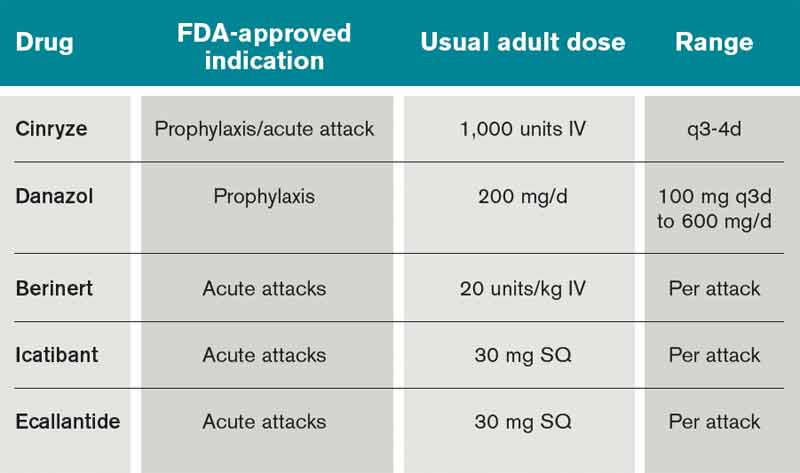



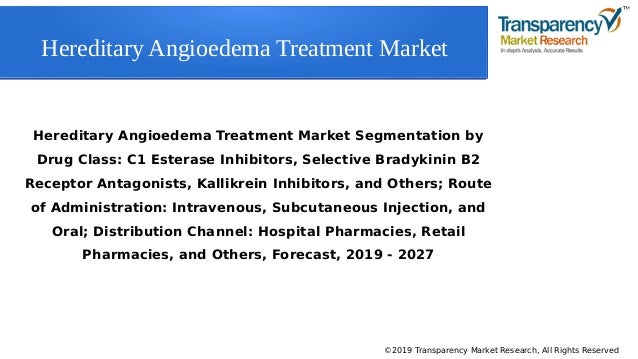
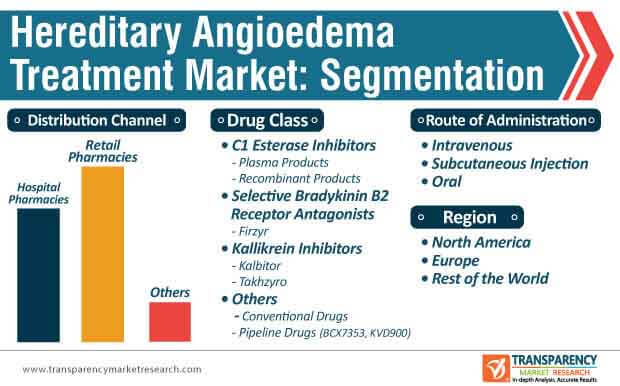


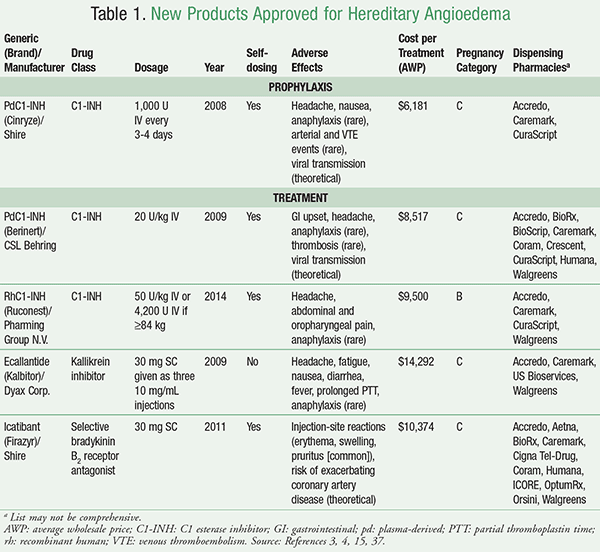


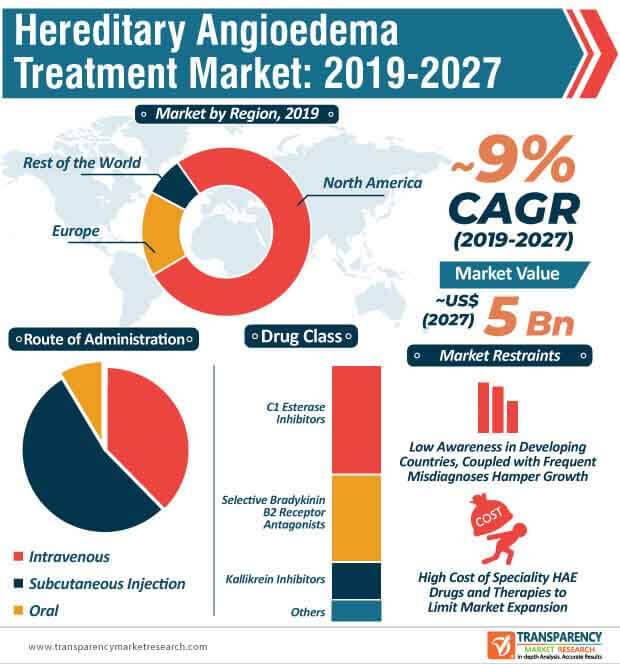













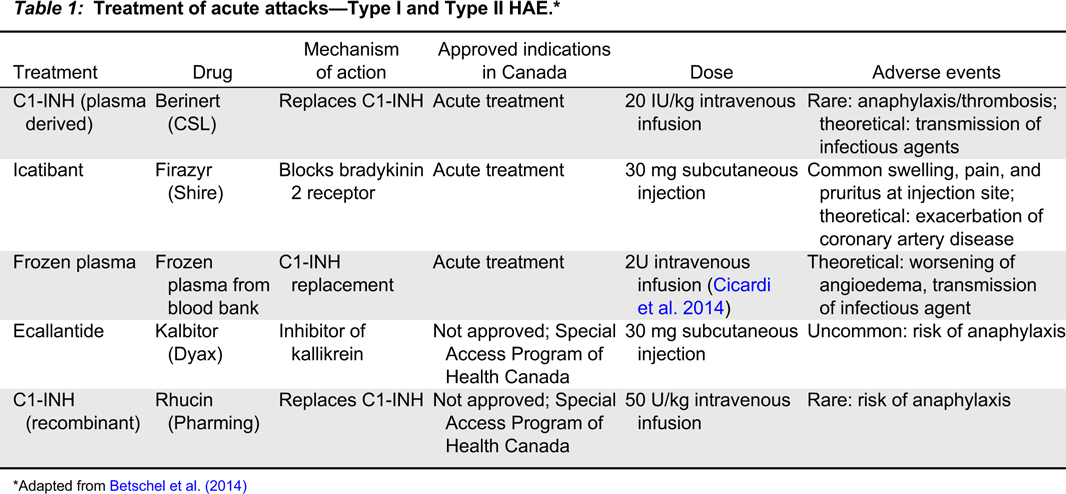
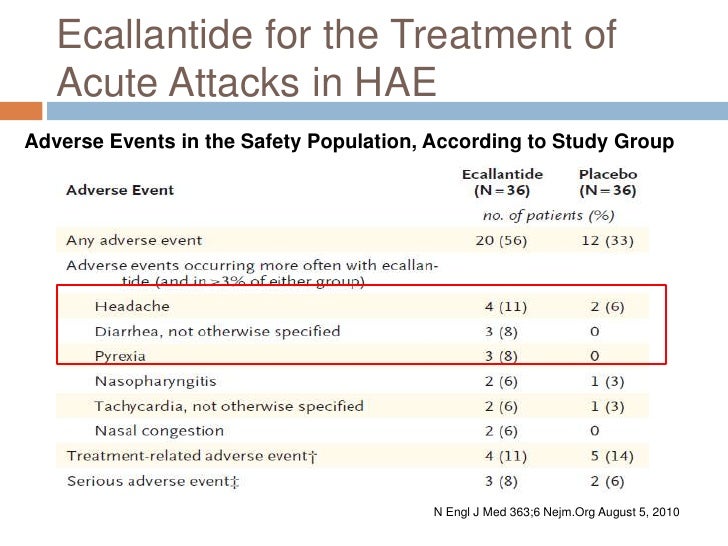






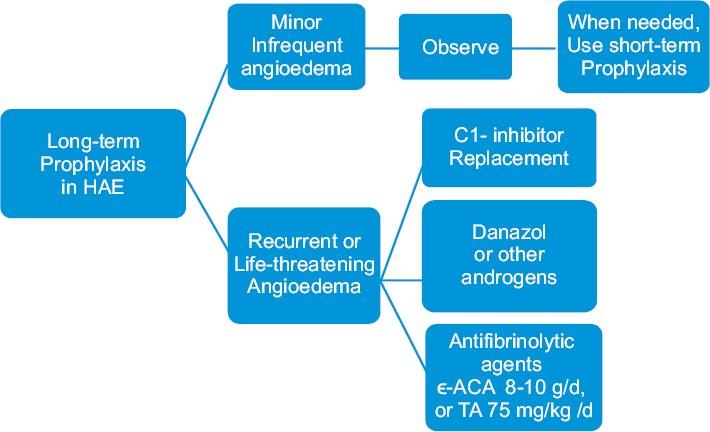





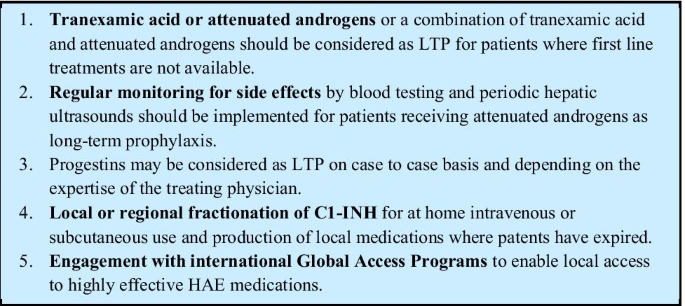

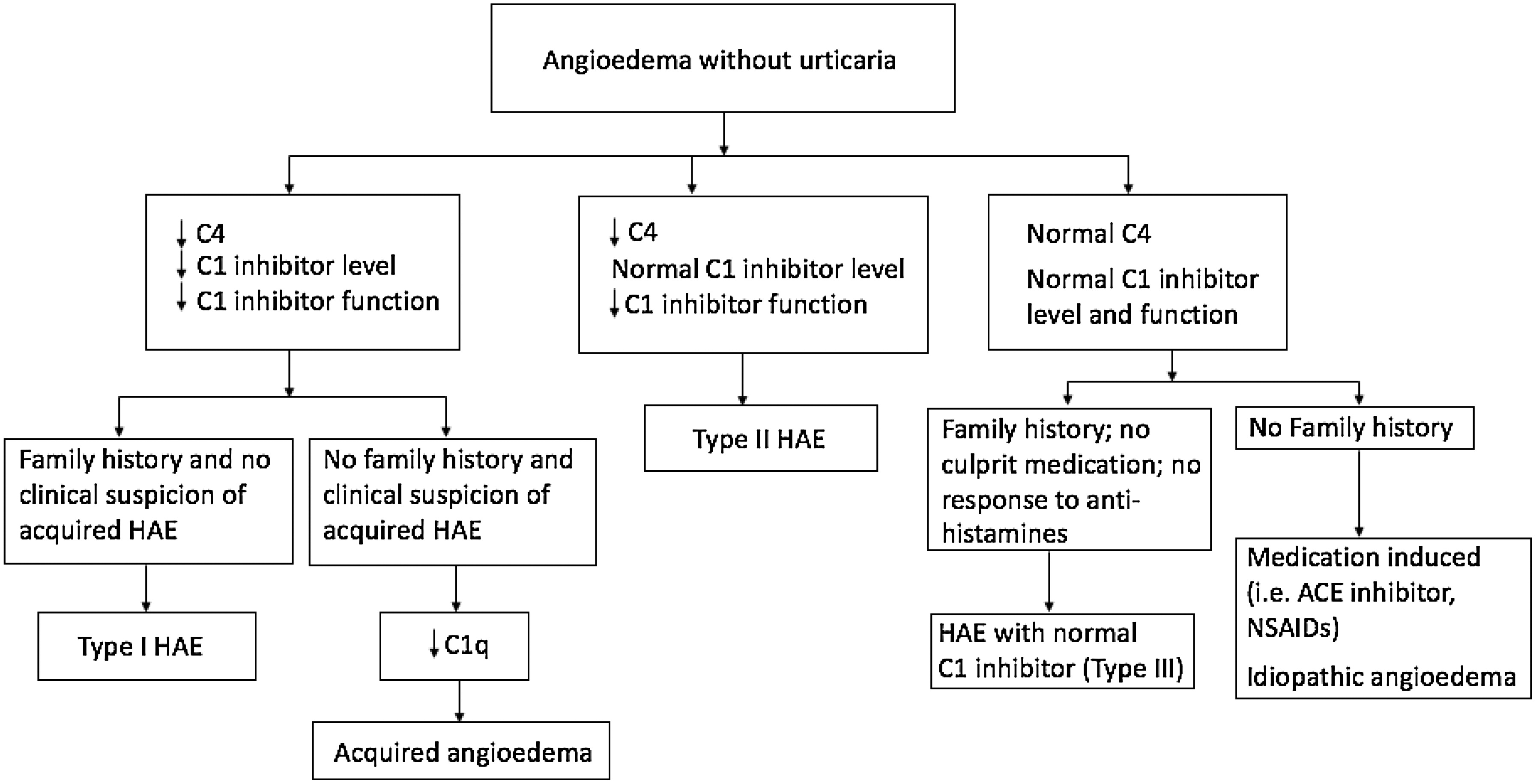

Post a Comment for "Treatment Of Hereditary Angioedema"